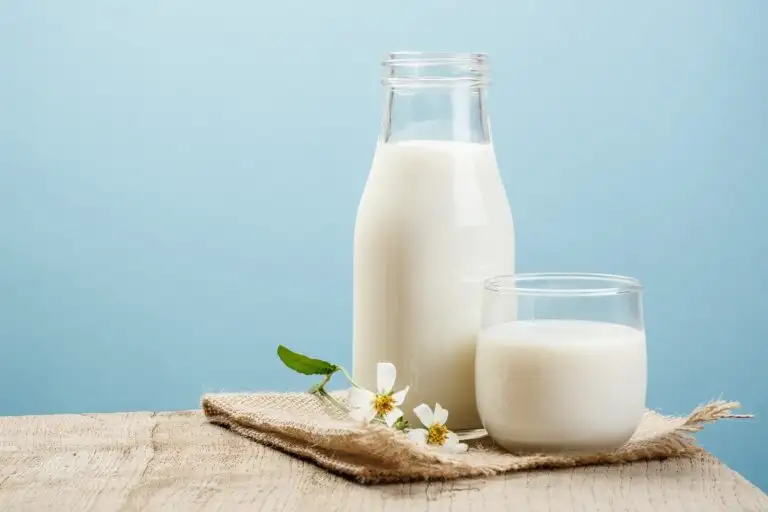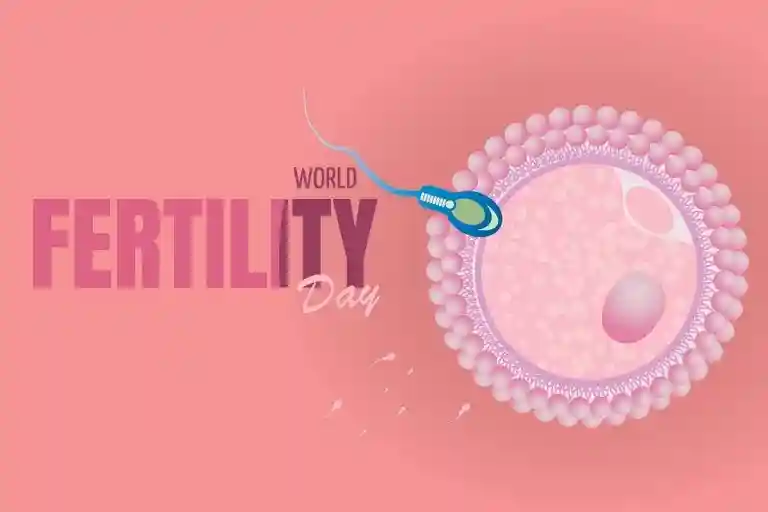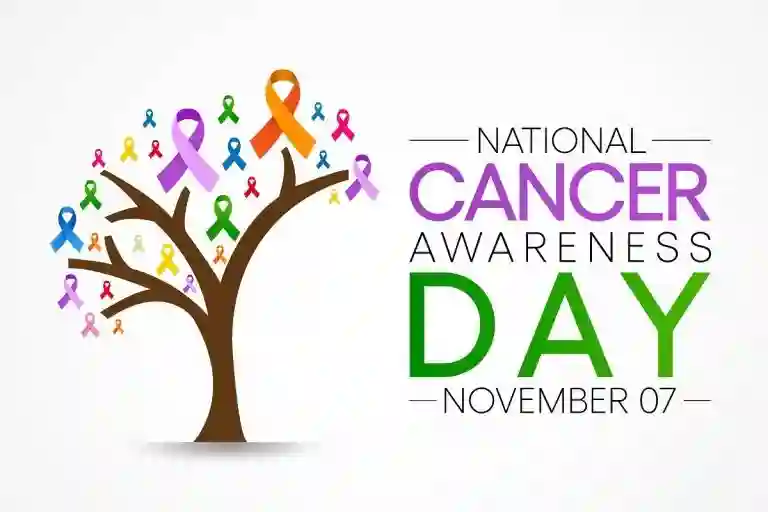World Milk Day is an international day established by the Food and Agriculture Organization of the United Nations to recognize the importance of milk as a global food. It has been observed on June 1 each year since 2001.
Our body changes and what was good for our health in childhood need not suit us as we age
It’s a common sight in almost every household: Elders running after children with a glass of milk in hand. The children throwing tantrums to avoid drinking the white liquid. As we grow older, the white liquid changes into flavoured milk, coffee, or tea. The conditioning that we have had in childhood that milk is good for our health becomes part of our adult lives as well. However, many health experts have sparked debate over milk and its importance in diets for adults.
Our body changes and what was good for our health in childhood need not suit us as we age. And, one fine day we realize that milk is no longer suiting our health, making us lactose intolerant. “According to research, medical professionals do not recommend adults to have milk and related products. It is due to the necessary enzymes required for digesting milk being present only in children up to three years of age,” explains Dr Smriti Jhunjhunwala.
Milk is said to be a rich source of calcium. Children need more calcium to strengthen their bones in their growing-up years. But, it doesn’t have the same benefits in adults. Rather, the lactose present in milk is linked to health problems. Dr. Shankar Zanwar, Consultant Gastroenterologist, Wockhardt Hospitals, Mumbai Central, says milk intolerance happens due to a low level of digesting enzymes. “This leads to diarrhea, flatulence and occasional pain. Hence, doctors advise avoiding milk if a patient is suspected of lactose intolerance.”
The serious issue is many people are sensitive to casein, a milk protein. It might result in symptoms such as vomiting, wheezing, skin rash, sinus infection, or even anaphylactic shock, explains Functional Nutritionist Mugdha Pradhan.
It is a common belief that milk consumption helps in age-related muscle loss and muscle regeneration. However, many studies have claimed otherwise. A study published in the American Journal of Clinical Nutrition in 2007 examined in detail the correlation between calcium intake and the risk of bone fractures. The study found no connection between total calcium intake and fractures. Another study that appeared in The BMJ made similar claims. The study consisted of men and women older than 35 years of age. Consuming milk lent no protection to men and women, rather it was associated with increased death risk.
Many are aware of the recent common practises of using drugs and procedures in cows and buffaloes to aid in producing more milk. This results in toxin accumulation, infections, and serious health problems like cancer, cardiovascular diseases, and more.
According to Edwina Raj, Senior Dietician, consuming full-fat dairy or milk at a higher level is linked to a higher risk of hormonal imbalance and prostate and gastric cancer. “But large studies with evidence are still necessary to further incorporate this as guidelines. Since milk is a poor source of iron and high in kidney solute load, it is discouraged in infants below one year. Some of them may have cow’s milk protein allergy.”
Adding to Raj’s statements, Dr Saniya Wasim, says that milk and other dairy products are prime sources of saturated fats. “Their uninhibited consumption is directly related to various cardiovascular disorders due to clogging of arteries, diabetes, and malignancy and to an extent Alzheimer’s.”
There is no cure for lactose intolerance and making dietary changes is the only solution to avoid health problems. In such a case, replacing milk with lactose-free options or choosing foods like kale, broccoli, tofu, nuts, beans, whole grains, etc., can prove beneficial in getting essential nutrients.
Food That Does Not Usually Contain Lactose:
- Soya yoghurt and cheese
- Coconut-based yoghurt and cheeses
- Almond milk, yoghurt and cheeses
- Rice milk
- Oat milk
- Hazelnut milk
To book an appointment call: 022-61784400
Source: https://www.freepressjournal.in/health/world-milk-day-is-milk-unhealthy-for-adults-experts-weigh-in


















